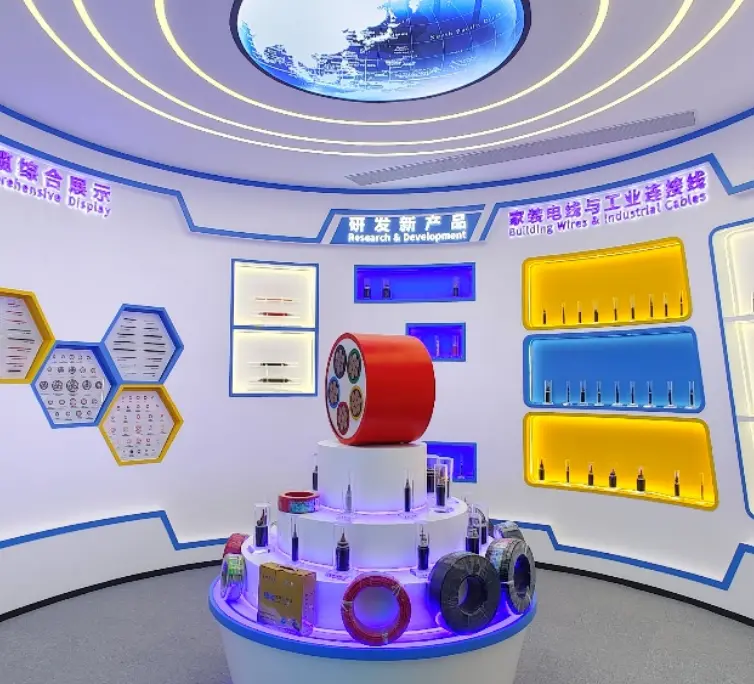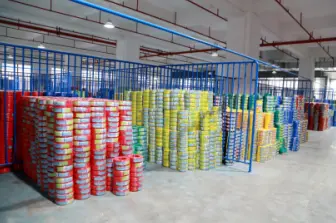The Benefits of Using PVC Insulated Cables
Cables and wires are in high demand due to technological advancements. However, not all cables can be used for the same purpose. As a result, there are different types of cables available in the market. One of the most common cables is control cables. As the name suggests, control cables have the function of sending signals to control device functions. They belong to the instrumentation cable series and are ideal for distributing low-voltage data or signals. Also known as motor cables, robot cables, control flexible cables, multi-core control cables, they are used for instrumentation and automation applications. They aid in the transmission of measurement and control in automation processes.
Introduction to PVC Insulated Cables
PVC is one of the most popular and widely used cables for insulation and sheathing. In the 1950s, PVC insulated cables emerged to replace rubber-insulated and sheathed cables. It began to be used for household wiring because of its ease of use. PVC is considered flexible and durable, easily surpassing 25-30 years in service for our home wiring.
Benefits of using PVC Insulated Cables
PVC vs XLPE: The insulated cables are divided into XLPE and PVC. The difference between the two lies in the thermosetting and thermoplastic properties. PVC insulated cables strike a perfect balance between cost and safety. Thus, the demand for PVC insulated cables is higher compared to cross-linked polyethylene (XLPE) cables.
Offers Versatility: PVC is considered a versatile material that synergizes with plasticizers, lubricants, and stabilizers to develop high-quality cables and wires. When used as a thermoplastic, PVC is also easy to process and recycle. When combined with other robust materials, it can provide better aging resistance.
PVC Insulated Cables are Flame Retardant: PVC insulated cables or sheaths ensure that ordinary cables have flame-retardant or fire-resistant properties. In most applications, the fire resistance of cables is crucial. PVC insulated cables are not only fire-resistant but can also be made resistant to various chemicals such as acids, alkalis, oils, etc. Additives like different plasticizers can make it more durable and resist many hazardous factors that can cause loss to life and household appliances.
Lightweight and Easy to Process: PVC insulated cables are lightweight compared to other cables, reducing the difficulty of manual handling. It also offers a smaller bending radius, making installation and storage easier.
Better Short Circuit Rating: Compared to regular wires and cables, PVC insulated cables provide a better current circuit. PVC can withstand temperatures up to 1600 degrees Celsius.
Latest News & Blog
 English
English  français
français  Deutsch
Deutsch  العربية
العربية  tiếng việt
tiếng việt  ไทย
ไทย  čeština
čeština  Indonesia
Indonesia  Eesti
Eesti  български
български  slovenčina
slovenčina 



